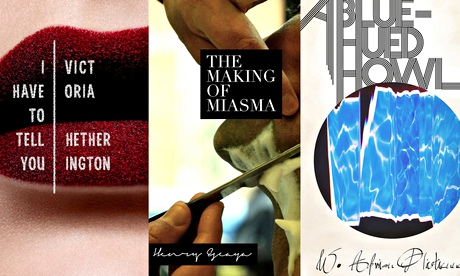
It's a common misconception about digital books that they should cost much, much less than their paper equivalents. This chunky block of dead tree must, by virtue of weight alone, cost more to produce than a stream of ones and zeros, right? And by that logic, why the hell does this ebook cost as much as a hardback? It's a hoary old complaint, and one publishers are tired of answering (the reply being, of course, that economies of scale and offshoring make physical goods, particularly ones that are mostly pulp, pretty cheap: the real costs are in editorial, marketing and sales margins). The complaint also masks a more important one: if we're going to squeeze the price of literature, then who's going to get squeezed the most? Who's the last person in the value chain? The answer is not, and this is hardly a surprise, the CEOs of multinational booksellers, but our humble friend, the author.
One company that has made it its mission to challenge this arrangement as directly as possible is digital publisher and distributor 0s & 1s. On its website it helpfully, and deliberately transparently, breaks down exactly what authors get paid (on average) in a variety of systems – and shows that 80% of its profits goes straight to the author, a better deal than traditional print, or Amazon.
Each of its books sells for $6 (around £3.50) and, for that price, you get every format you want (including Kindle-friendly Mobi), without digital rights management. It's this attitude that has allowed 0s & 1s to woo a range of great independent presses, all available from 0s-1s.com, including Alabama's Aqueous Books, art collective What Books Press from Los Angeles, Toronto's Coach House Books and New York's Fugue State Press. Its shelves are well worth checking out: publishing rhetoric comes and goes, but championing the author should never go out of fashion.

